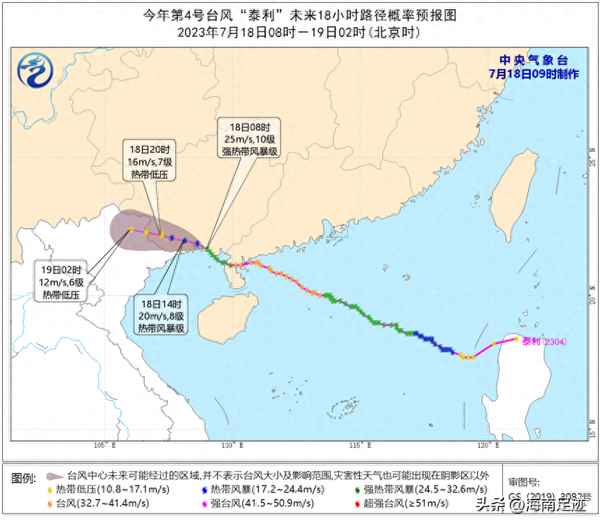if 引導的條件狀語從句三種情況;if引導的條件狀語從句怎么講
講義:
if引導的條件狀語從句
1. if意為“如果”,引導條件狀語從句時,既可放在主句前面,也可放在主句后面。若if條件句放在句首,從句后面常加逗號與主句隔開。
If you go there, I'll go, too.
如果你去那兒,我也會去。
My mother will take me to the park if she is free.
如果我媽媽有空,她就會帶我去公園。
2. 時態運用:
在含有if引導的條件狀語從句的主從復合句中,主句為下列情形之一的,條件狀語從句通常用一般現在時。
(1) 主句是一般將來時,即遵循“主將從現”的原則。
If he comes, he will bring his violin.
如果他來,他就會把他的小提琴帶來。
(2) 主句是含有情態動詞may/might/can/must/should等的句子。
If you want to lose weight, you must eat less bread.
如果你想減肥,你必須少吃面包。
(3) 主句是祈使句。
If you are not strong enough, please don't take part in such an activity.
如果你不是很健壯,請不要參加這種活動。
3. 句型轉換:
(1) 借助“祈使句+and/or+陳述句(一般將來時)”這一句型來轉換。其中,在句意上and表示順承;or表示轉折,意為“否則”。
If you work hard, you'll pass the exam easily.
=Work hard, and you'll pass the exam easily.
努力學習,你將很容易通過考試。
Work hard, or you won't pass the exam easily.
努力學習,否則你不會輕易地通過考試。
(2) 借助without或with來轉換條件狀語從句。
If there is no water, fish will die.
=Fish will die without water.
如果沒有水,魚將會死。
If you help me, I'll finish the work soon.
=With your help, I'll finish the work soon.
如果你幫助我,我將很快完成工作。
4. unless意為“如果不,除非”,表示否定的條件,可置于句首或句中。
We are going to have a picnic unless it rains.
除非下雨,要不然我們將去野炊。
unless 作“如果不”理解時,常可與if...not互換。
He'll accept the job unless the salary is too low.
=He'll accept the job if the salary is not too low.
除非工資很低,不然他會接受這份工作。





